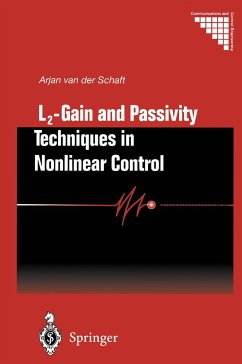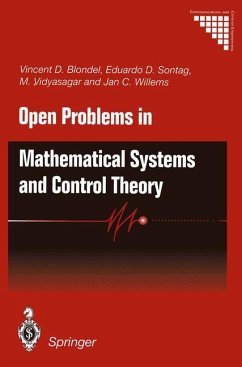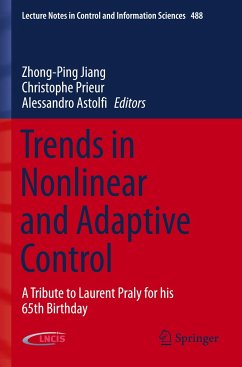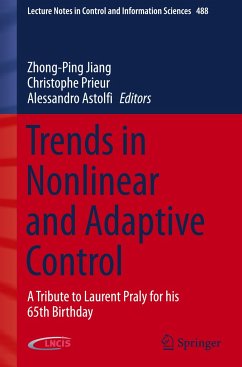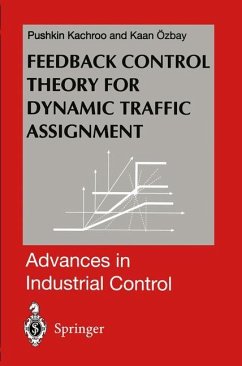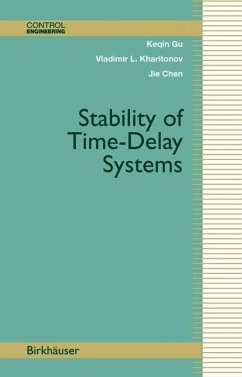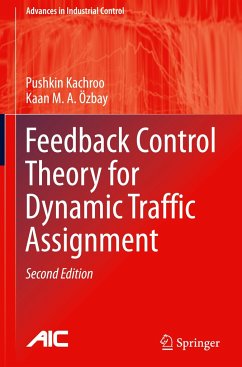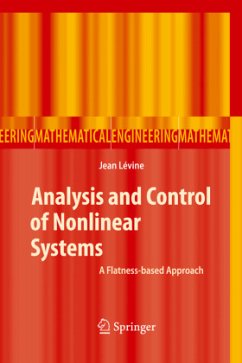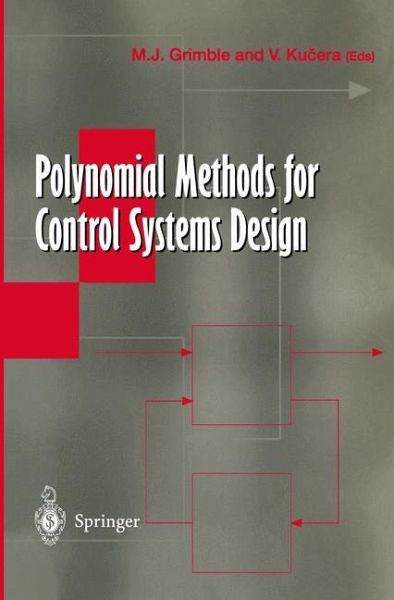
Polynomial Methods for Control Systems Design

PAYBACK Punkte
39 °P sammeln!
This monograph was motivated by a very successful workshop held before the 3rd IEEE Conference on Decision and Control held at the Buena Vista Hotel, lake Buena Vista, Florida, USA. The workshop was held to provide an overview of polynomial system methods in LQG (or H ) and Hoo optimal control and 2 estimation. The speakers at the workshop were chosen to reflect the important contributions polynomial techniques have made to systems theory and also to show the potential benefits which should arise in real applications. An introduction to H2 control theory for continuous-time systems is included...
This monograph was motivated by a very successful workshop held before the 3rd IEEE Conference on Decision and Control held at the Buena Vista Hotel, lake Buena Vista, Florida, USA. The workshop was held to provide an overview of polynomial system methods in LQG (or H ) and Hoo optimal control and 2 estimation. The speakers at the workshop were chosen to reflect the important contributions polynomial techniques have made to systems theory and also to show the potential benefits which should arise in real applications. An introduction to H2 control theory for continuous-time systems is included in chapter 1. Three different approaches are considered covering state-space model descriptions, Wiener-Hopf transfer function methods and finally polyno mial equation based transfer function solutions. The differences and similarities between the techniques are explored and the different assumptions employed in the solutions are discussed. The standard control system description is intro duced in this chapter and the use of Hardy spaces for optimization. Both control and estimation problems are considered in the context of the standard system description. The tutorial chapter concludes with a number of fully worked ex amples.




